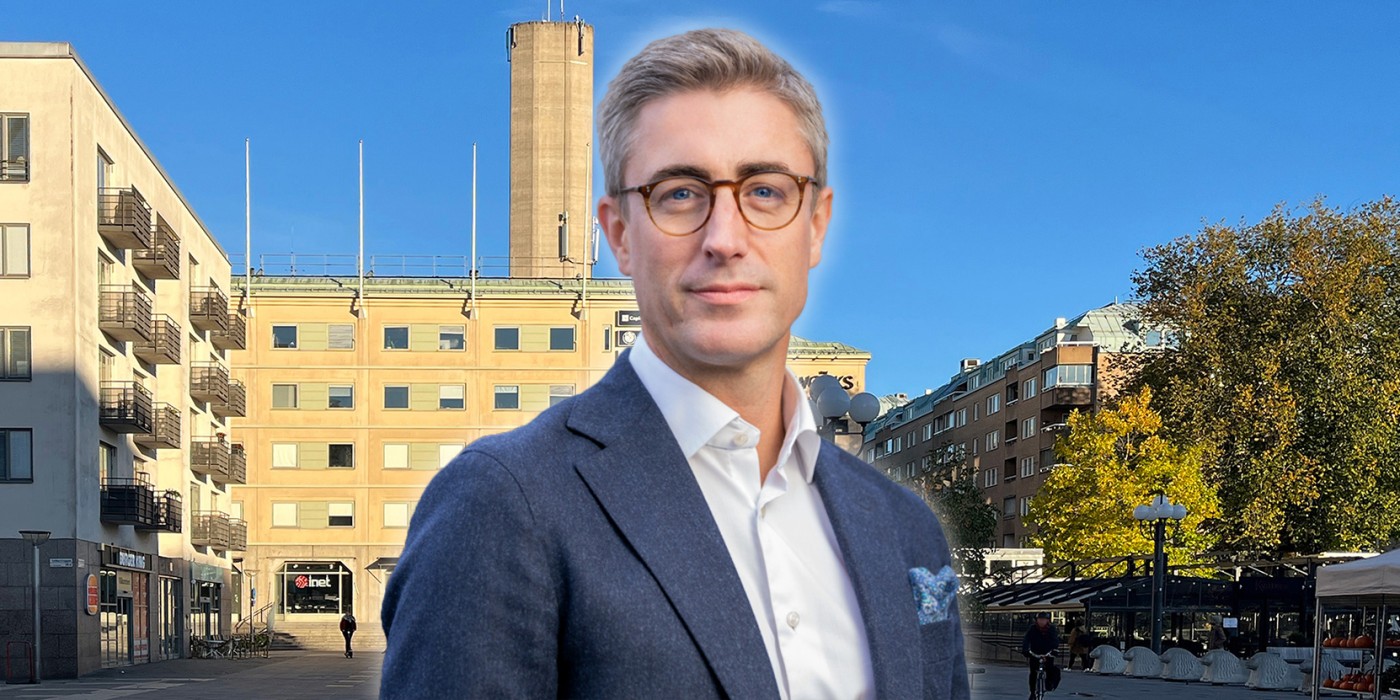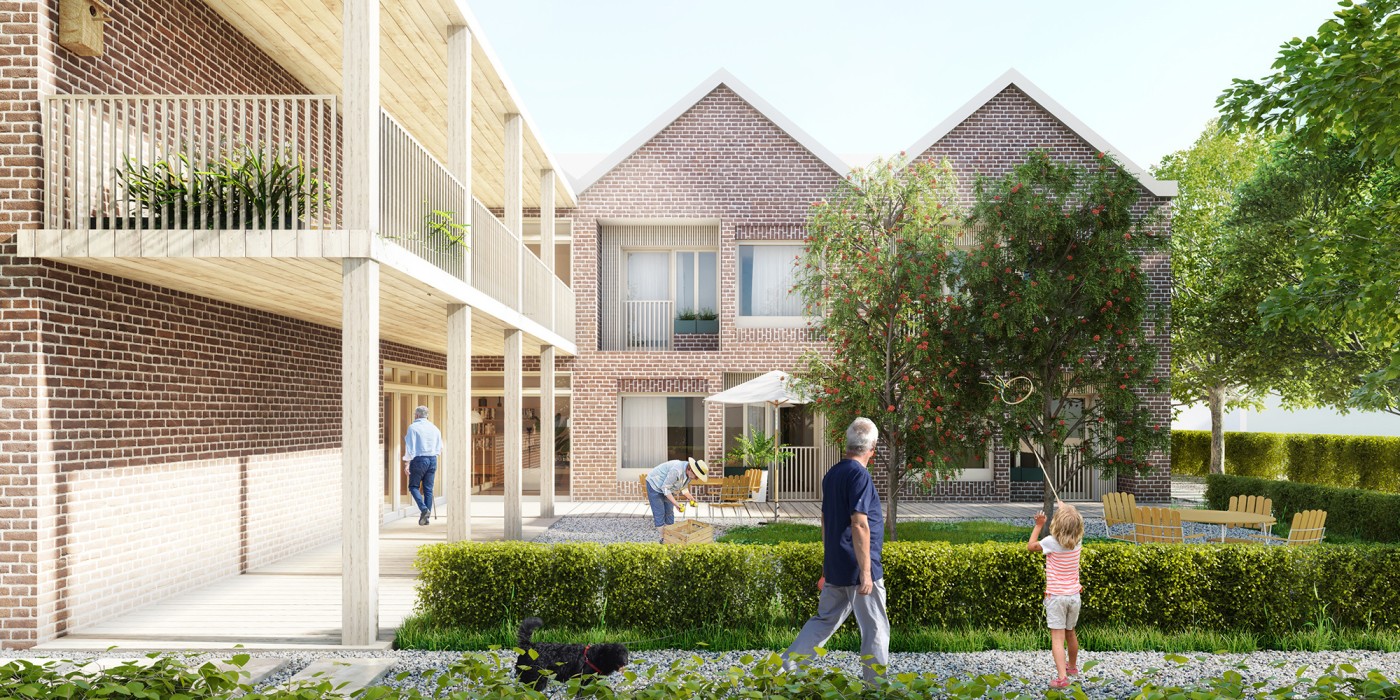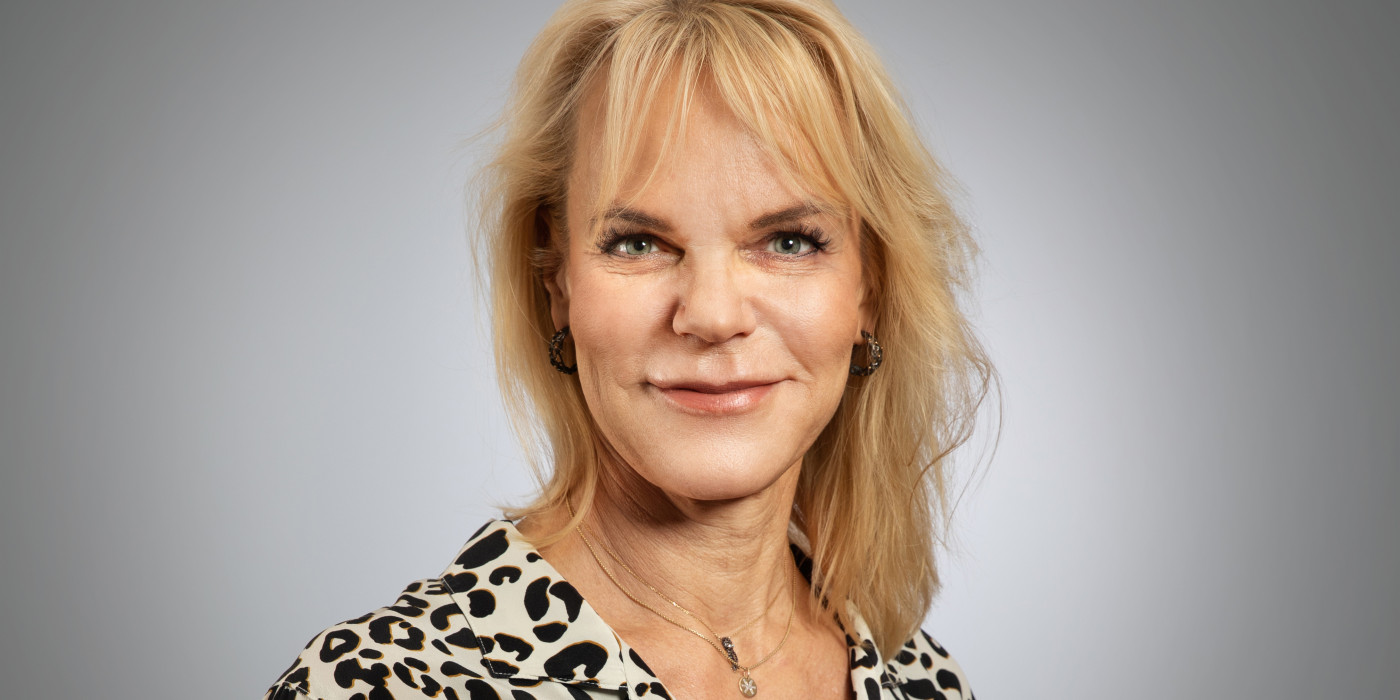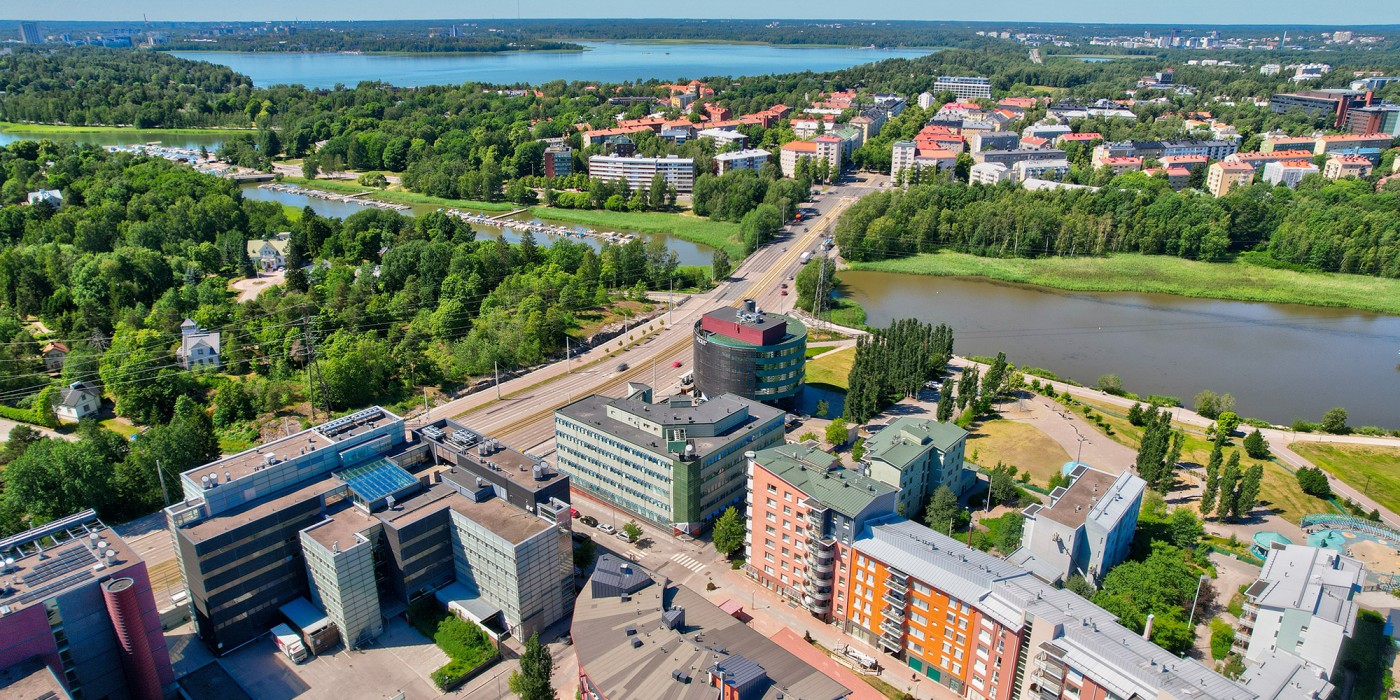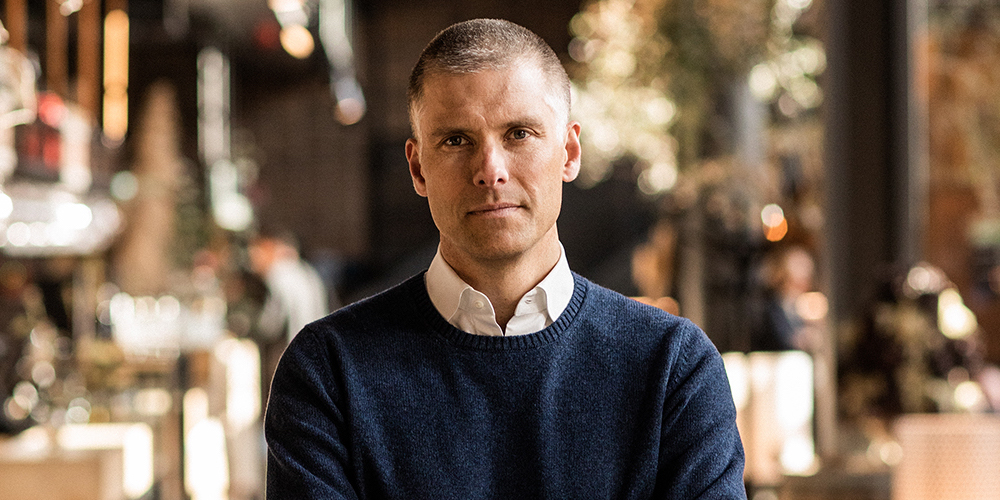The real wage growth, population growth and the world’s most expansive Central Bank has made Sweden appear as a success in a weak environment. It will be more difficult however to resist the slowdown that is now underway in the global economy, with low interest rates.
A lack of political solutions of the housing crisis points in the same direction. Best-case scenario the growth will end up on three percent this year and 2,7 percent next year. Fastighetsägarna predicted this in their latest economic forecast, presented on Friday.
“We see a clear slowdown in the US and that of course affects the rest of the world. Sadly the American economy suffers from great structural problems, which makes it difficult to get the growth going. None of the potential presidential candidates seem to take control of these problems” says Fastighetsägarna Sverige’s Chief Economist Tomas Ernhagen.
Without help from the US it is looking darker for the European countries that have to continue the struggle with a weak demand, low inflation and great tension between countries with different conditions. That a clear downshift is on its way in China doesn’t facilitate the situation. The large proportion of bad loans weighs heavy on the country’s bank sector and the probability for large-scale financial stimulus is low. This means that the strained situation for the world’s commodity producers continues.
“It is in this world Sweden needs to navigate the next few years. With low interest rates it will be difficult to repeat last year’s growth trick. But the economy will still grow at a decent rate unless something serious happens in the global economy. Sadly those risks are not non-existent” says Tomas Ernhagen.
The single greatest challenge for Sweden is the acute housing crisis. Without strong measures to increase the mobility on the housing market and the construction of more apartments the dynamic on the labor market will deteriorate and will also inhibit Sweden’s potential growth.
“The housing shortage is a key issue. Sadly we do not see any signs today that the ongoing housing discussions between the Government and the opposition with result in necessary reforms” Tomas Ernhagen concludes.
Fastighetsägarna: The Slowdown is a Fact
 Sweden —
According to Fastighetsägarna’s latest economic forecast the growth will end up on three percent, at best, this year and next year it looks like the number will decrease further.
Sweden —
According to Fastighetsägarna’s latest economic forecast the growth will end up on three percent, at best, this year and next year it looks like the number will decrease further.
2016-05-19


 All Nordics
All Nordics
 Denmark
Denmark
 Finland
Finland
 Norway
Norway


